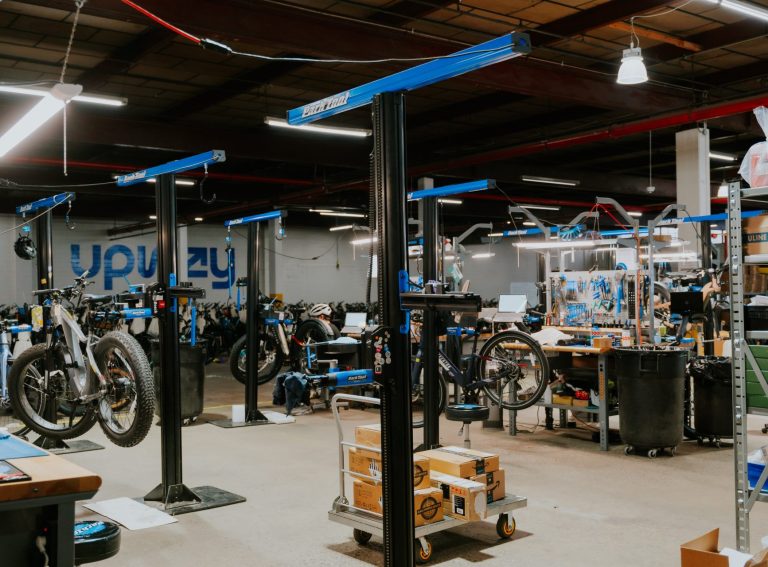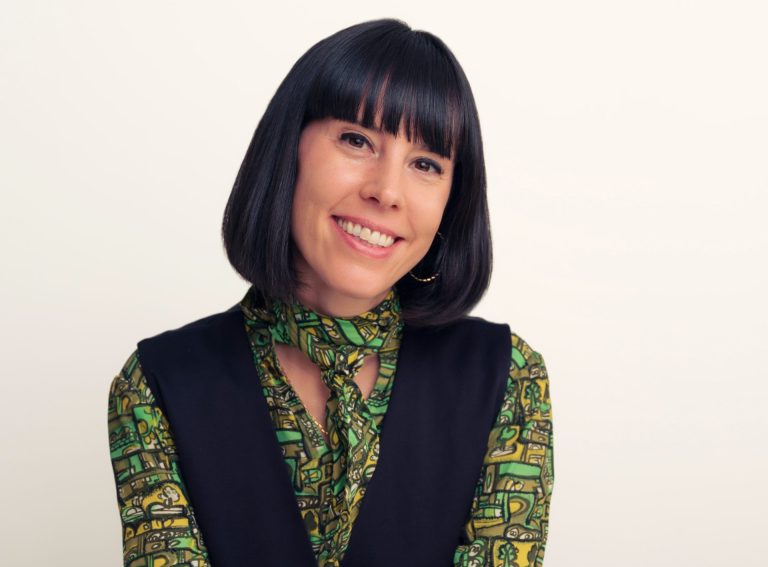In Poland’s Tricity region of Gdańsk, Gdynia, and Sopot lies a public bike share system with a service area more than twice the size of Singapore.
Last year it temporarily offered its service for free and gained 138,000 new users in just two months.
Dubbed Mevo 2.0 – it’s powered by Segway hardware, Urban Sharing software and operated by INURBA Mobility.
Zag: INURBA offered the bike share scheme for free last year. What pressures did INURBA face during that time?
Mariano: “We had an explosion of use. When a bike is used maybe three, four, or five times per day we have expected break-down rates and an expected number of calls to the call centre. But this exploded to maybe 14 or 15 trips per bike per day which completely changed those rates. The costs to operate the service increased exponentially, and it made no sense to give people a bike just for enjoyment rather than need.”
Zag: So you don’t feel a free system is the right system?
Mariano: “It’s the million-dollar question. A lot of people think that because it’s a public service it must be free. But in my opinion, and I think I can speak for most people at INURBA, is that giving citizens the service for free is a big mistake. Of course, it’s a public service so the tariffs must be low and it must be economically accessible for everyone. But if you give the service for free, why are people going to use it? Because they can. If you make them pay, even if it’s just one euro, why are they now going to use it? Because they need it.”
Zag: Why were Segway’s bikes selected for Mevo 2.0?
Mariano: “Segway’s e-bikes can complete many trips on one battery charge and this is important because Gdańsk has no charging stations. We have only needed to swap batteries once every four days instead of once every one or two days. This makes our lives easier than if we were to use any other bike on the market right now, and the hardware stays in great condition during both Gdańsk’s super cold and snowy winters and warm summers.
“Aside from the hardware, we need to be efficient with completing operational tasks like rebalancing the fleet, battery swapping, bike maintenance, broken bike collection and customer service, and we’re using Urban Sharing’s platform for this. What’s made this scheme a success is the fusion of Segway and Urban Sharing, and how they’re not only cooperating with us in the best way, but also with each other.”
Zag: How does Segway and Urban Sharing interact?
Mariano: “In Gdańsk we have seen that Segway is totally open to cooperating with Urban Sharing’s platform. They’ve put no restrictions on APIs or anything that Urban Sharing needs to make developments in accordance with tender requirements. This is a unique thing to have in the market. Normally a public bike sharing scheme supplier wants to sell you everything – the bike, the software, everything must come from that supplier. So, we’re really glad that Segway is open to collaborations with other suppliers. We’re using a software totally external to Segway, but totally integrated with it. This is a hard task but it’s a success because Segway is cooperating in the best way possible with Urban Sharing and they have developed a bike share scheme with the specific tender needs for Gdańsk.”
Zag: What do you think Segway does well in terms of its partnerships with cities that other hardware providers could learn from?
Mariano: “Segway crafts products that are tailored to city needs, unlike a lot of other providers which push their existing products without considering the customer, the cost to the user, or what the city specifically wants. But Segway understands the nuances of public bike sharing, engaging cities to identify their requirements and collaboratively plan solutions. This is a key reassurance for us in continuing to work with Segway and we will face a lot of tenders with them for sure.”
Zag: What were some of the city’s e-bike requirements in the tender?
Mariano: “Segway provided us with modified bikes that are adapted to the needs of the tender in Gdańsk. For instance, the city required the bikes to have cable locks and so Segway took this on board. We were surprised by their capability to adapt the products to city needs, and we’re confident that they can provide for any other modifications we need. The most important thing in our relationship with Segway is that we feel they are open to adapting the products for us and the city. It’s difficult to find this kind of supplier.”
Zag: What are INURBA’s plans for the year ahead?
Mariano: “We foresee a lot of tenders coming up, and we’re working on our most important one in Europe this year. As well as that, we’ll also be continuing to manage the Mevo 2.0 bike share system which last week saw the entire fleet of 3,200 electric and 1,000 traditional bikes made available to residents. The Metropolis GGS said they were very satisfied with how we are operating the Mevo service, and we will work to achieve this in all of our tenders.”





